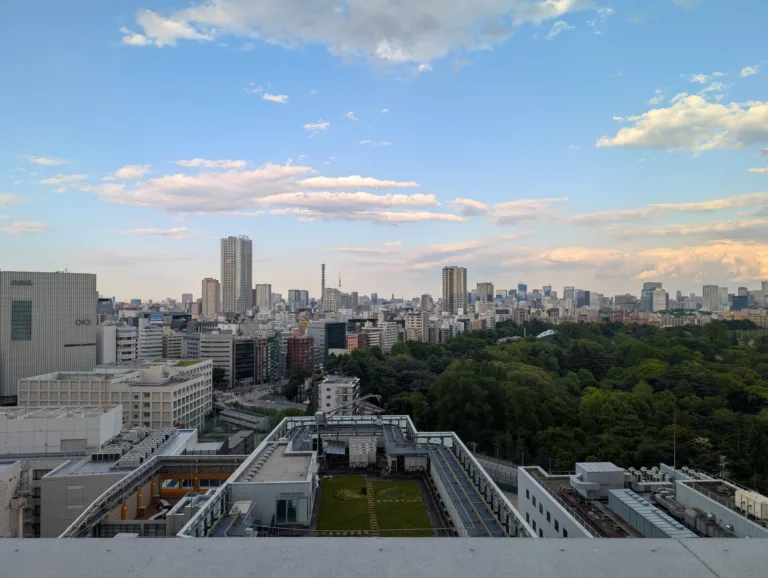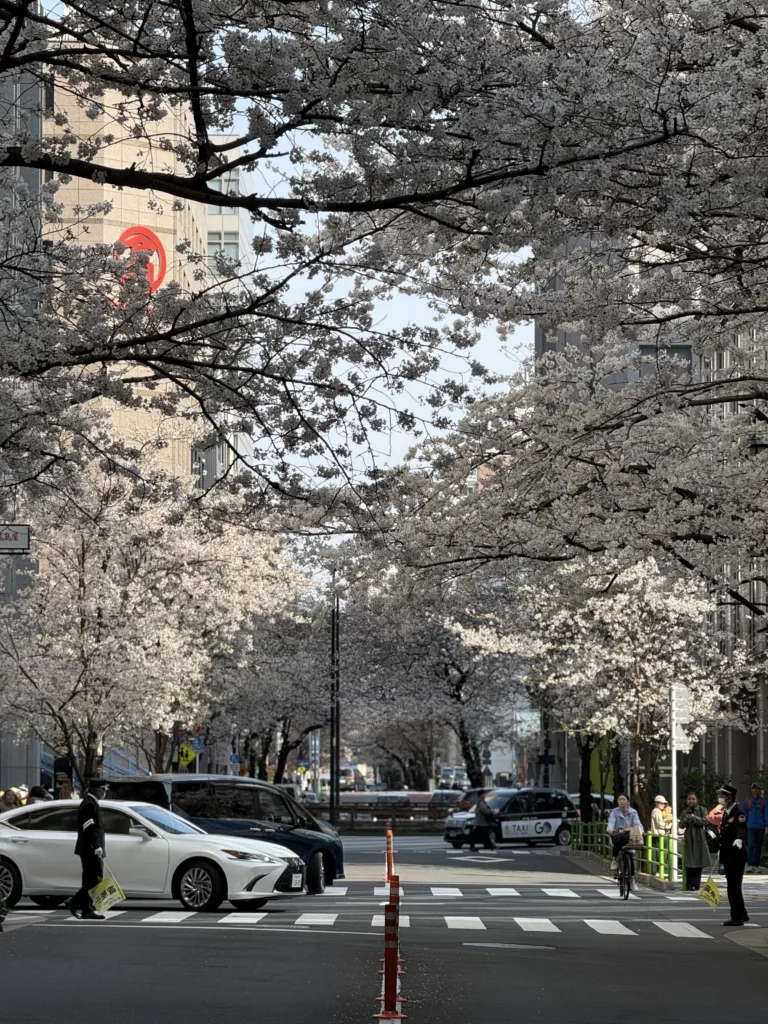
How to Buy a House in Japan as a Foreigner
My foreigner friend bought a apartment in Japan ( called mansion type in Japanese ). the process seems really complecated for him.
Buying a house in Japan as a foreigner can be an exciting yet challenging endeavor. While the Japanese real estate market is open to non-residents, there are unique hurdles that foreigners face, from cultural differences to legal and financial requirements. This article explores why purchasing a home in Japan is difficult for foreigners, the key requirements, and any certifications or processes needed to make homeownership a reality.
Why It’s Hard for Foreigners to Buy a House in Japan
Foreigners often encounter several obstacles when trying to purchase property in Japan. These challenges stem from a combination of cultural, legal, and financial factors:
- Language Barrier: Most real estate transactions in Japan are conducted in Japanese, including contracts, negotiations, and interactions with agents. Foreigners who are not fluent in Japanese may struggle to navigate the process or understand the fine print of legal documents.
- Limited Access to Financing: Securing a mortgage as a foreigner can be difficult. Many Japanese banks are hesitant to lend to non-residents or those without permanent residency due to perceived risks. Even for residents, banks often require a stable income, long-term employment, and a strong credit history in Japan, which can be hard for newcomers to establish.
- Cultural and Market Differences: The Japanese real estate market operates differently from many Western countries. For example, older homes often lose value quickly, and there’s a cultural preference for new builds. Foreigners may find it hard to navigate these norms or work with real estate agents who are unfamiliar with serving international clients.
- Visa and Residency Status: While foreigners don’t need to be Japanese citizens to buy property, their visa status can impact their ability to secure loans or establish long-term stability. Non-residents or those on short-term visas may face additional scrutiny from lenders.
- Lack of Familiarity with the Process: The home-buying process in Japan involves specific steps, such as working with a licensed real estate agent, understanding property taxes, and navigating registration. Without prior knowledge, foreigners may feel overwhelmed or make costly mistakes.
Despite these challenges, buying a house in Japan is entirely possible with the right preparation and understanding of the requirements.
Requirements for Buying a House in Japan
To purchase a home in Japan, foreigners must meet certain requirements and follow a structured process. Below are the key elements to consider:
1. Eligibility to Purchase Property
Japan has no legal restrictions on foreigners buying real estate. Whether you’re a non-resident, a temporary resident, or a permanent resident, you can purchase property. However, your residency status may affect your ability to secure financing or plan for long-term ownership.
- Non-Residents: You can buy property without living in Japan, but securing a mortgage will be nearly impossible without a Japanese income or residency.
- Residents: Those with a valid visa (e.g., work, spouse, or student visa) or permanent residency have better chances of obtaining loans and navigating the process.
2. Financial Requirements
Purchasing a home requires significant financial preparation. Here’s what you need:
- Down Payment: Most Japanese banks require a down payment of 10-20% of the property’s value. For foreigners, some banks may ask for a higher down payment (up to 30%) to mitigate risk.
- Proof of Income: Lenders typically require proof of stable income, such as pay stubs or tax returns, for at least 1-2 years. Self-employed individuals or freelancers may face stricter scrutiny.
- Savings for Additional Costs: Beyond the purchase price, buyers must cover closing costs, such as:
- Real estate agent fees (typically 3% of the purchase price + ¥60,000 + tax).
- Property acquisition tax (based on the property’s assessed value).
- Registration and licensing tax (for transferring ownership).
- Notary fees and stamp duty.
3. Mortgage Requirements
Securing a mortgage is often the biggest hurdle for foreigners. To qualify, you typically need:
- Permanent Residency or Long-Term Visa: Many banks prefer borrowers with permanent residency or a long-term visa (e.g., spouse or highly skilled professional visa). Some banks, like Shinsei Bank or Prestia (SMBC Trust Bank), are more foreigner-friendly and may consider applicants with shorter-term visas.
- Stable Employment: Lenders often require at least 1-3 years of continuous employment in Japan with a reputable employer.
- Credit History: While Japan doesn’t have a centralized credit scoring system like some countries, banks will assess your financial reliability based on income, debt, and payment history.
- Japanese Language Proficiency: Some banks require borrowers to communicate in Japanese or provide translated documents, as loan agreements are typically in Japanese.
4. Finding a Property
Working with a licensed real estate agent is highly recommended. Agents can help you:
- Identify properties that match your budget and preferences.
- Navigate the Japanese real estate market, including auctions or off-market listings.
- Translate documents and negotiate with sellers.
Websites like Suumo, Lifull Home’s, or REINS (a real estate database) are great starting points for browsing listings. For foreigners, English-friendly agencies like Ken Corporation or Housing Japan can simplify the process.
5. Legal and Documentation Requirements
Once you’ve chosen a property, you’ll need to complete several legal steps:
- Purchase Agreement: Sign a purchase agreement (baibai keiyaku) with the seller. This legally binding document outlines the terms of the sale.
- Property Registration: Transfer ownership at the Legal Affairs Bureau (Homukyoku). This requires a registration tax and may involve a judicial scrivener (shihoshoshi) to handle paperwork.
- Due Diligence: Conduct a thorough inspection of the property, including its legal status, to ensure there are no liens or disputes. A real estate agent or lawyer can assist with this.
Certifications and Additional Considerations
While no specific certifications are required to buy a house in Japan, certain documents and qualifications can smooth the process:
- Residence Card (Zairyu Card): If you’re a resident, you’ll need to provide your residence card to verify your identity and visa status.
- Inkan (Personal Seal): In Japan, an inkan is often used instead of a signature for legal documents. Foreigners can use a registered seal (jitsuin) or a signature, depending on the bank or agency.
- Certificate of Eligibility (for Loans): Some banks may request a Certificate of Eligibility to confirm your visa status.
- Translated Documents: Non-Japanese documents (e.g., income statements or marriage certificates) may need to be translated into Japanese by a certified translator.
Additional Tips
- Work with Professionals: Engage a bilingual real estate agent, lawyer, or judicial scrivener to avoid misunderstandings and ensure compliance with Japanese law.
- Understand Property Types: Decide whether you want a single-family home, condo (mansion), or land to build on. Condos often come with maintenance fees, while building a home requires additional permits.
- Consider Location: Property prices vary widely. Tokyo and Osaka are expensive, while rural areas offer more affordable options but may have fewer amenities.
- Plan for Taxes: In addition to acquisition and registration taxes, you’ll need to pay annual property taxes (fixed asset tax and city planning tax).
Conclusion
Buying a house in Japan as a foreigner is challenging but achievable with proper planning. The language barrier, financing hurdles, and cultural differences can make the process daunting, but working with professionals and understanding the requirements can pave the way to homeownership. By securing the necessary documentation, exploring foreigner-friendly banks, and conducting thorough due diligence, you can successfully navigate the Japanese real estate market. Whether you’re settling in Tokyo or seeking a countryside retreat, owning a home in Japan is a rewarding milestone that’s within reach.



